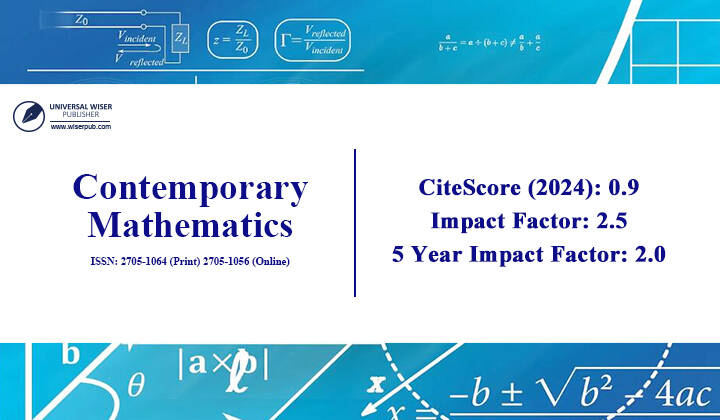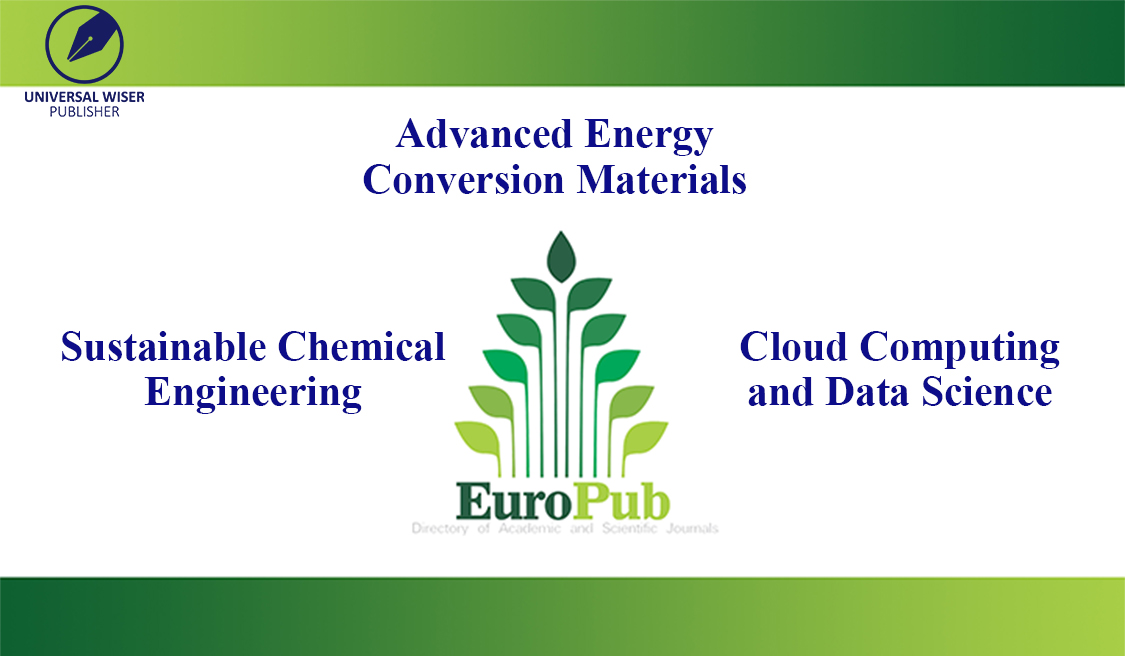


Stem-cell therapy has promise in the treatment of high-risk type 1 diabetes.
A clinical study presented at ENDO 2022, the Endocrine Society’s annual meeting in Atlanta, Georgia, suggests that an investigational stem cell-based therapy called PEC-Direct, intended to function as a replacement pancreas, has the potential to provide blood sugar control in patients with high-risk type 1 diabetes.
The research discovered that numerous individuals receiving the new treatment showed clinically significant increases in C-peptide, a substance produced in the pancreas alongside insulin. Measuring C-peptide can reveal how much insulin the body is producing since they are both released from the pancreas at the same time and in similar quantities.
“This research represents the first instance in multiple patients of clinically relevant increases in C-peptide, indicative of insulin production, with a stem cell-based therapy delivered in a device,” according to Manasi Sinha Jaiman, M.D., M.P.H., Chief Medical Officer of ViaCyte, Inc., in San Diego, Calif., the company that makes PEC-Direct.
People with type 1 diabetes gradually lose the ability to produce insulin on their own, which is necessary for blood sugar regulation. Patients must check those levels on a regular basis using finger sticks, administer repeated insulin injections, or carry around cumbersome devices. Additionally, there is a chance that the insulin injection can inadvertently drop blood sugar to unsafe levels.
The PEC-Direct device is intended to provide a consistent, long-term source of insulin to control blood sugar levels. The system consists of a pouch containing pancreatic cells produced from stem cells that, when implanted in the body, develop into cells that produce insulin. The device’s open membrane enables blood vessels to grow into it to contact the cells. Patients use immunosuppressive drugs to prevent an immune reaction.
The treatment is meant for patients with high-risk type 1 diabetes, who may be especially vulnerable to acute complications due to factors such as recurrent severe low blood sugar, or frequent and extreme blood sugar fluctuations that are difficult to control.
The study included 10 adults with type 1 diabetes who had received their diagnosis at least 5 years prior to the start of the study and were not able to tell when their blood sugar went too low (called hypoglycemia unawareness). Initial data from one patient showed clinically relevant levels of stimulated C-peptide and corresponding improvements in blood glucose control within six months after implantation of PEC-Direct.
Since then, increased C-peptide levels were seen in multiple patients, along with decreases in HbA1C (a blood test that measures average blood sugar levels over the past three months) by as much as 1.5%, and decreases in the amount of insulin patients needed to administer by as much as 70%.
“The results suggest stem cell-based replacement therapy has the potential to provide blood glucose control and could one day eliminate the need for injecting or dosing insulin externally,” Jaiman said. “The study provides further proof-of-concept that continued optimization of PEC-Direct has promise as a functional cure for type 1 diabetes.”
Source: https://scitechdaily.com/could-stem-cell-based-therapy-treat-type-1-diabetes-a-new-study-demonstrates-the-treatments-potential/

Scheduled Server Maintenance and System Downtime Notice Dec 16, 2025

Celebrating CM Editorial Board Members Recognized in the Wor... Oct 10, 2025

Food Science and Engineering Now Indexed in CAS Database Aug 20, 2025

Contemporary Mathematics Achieves Significant Milestone in 2... Jun 19, 2025

Three Journals under Universal Wiser Publisher are Newly Ind... Apr 21, 2025